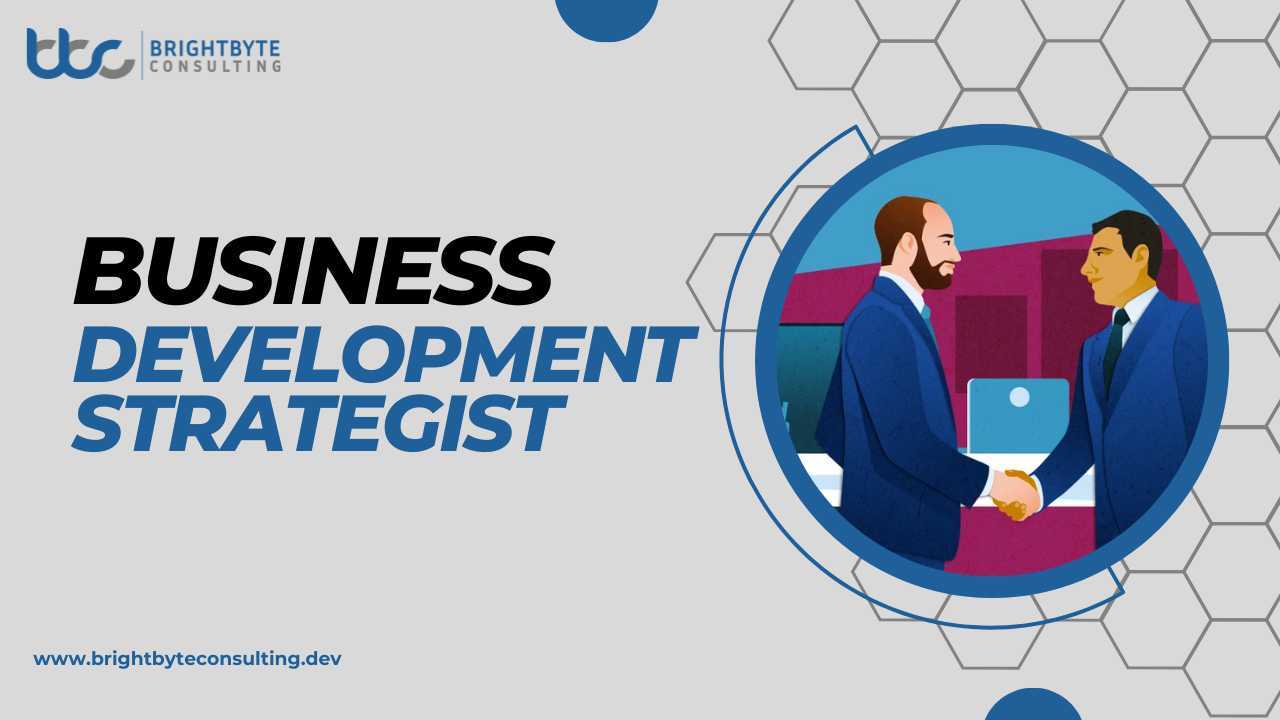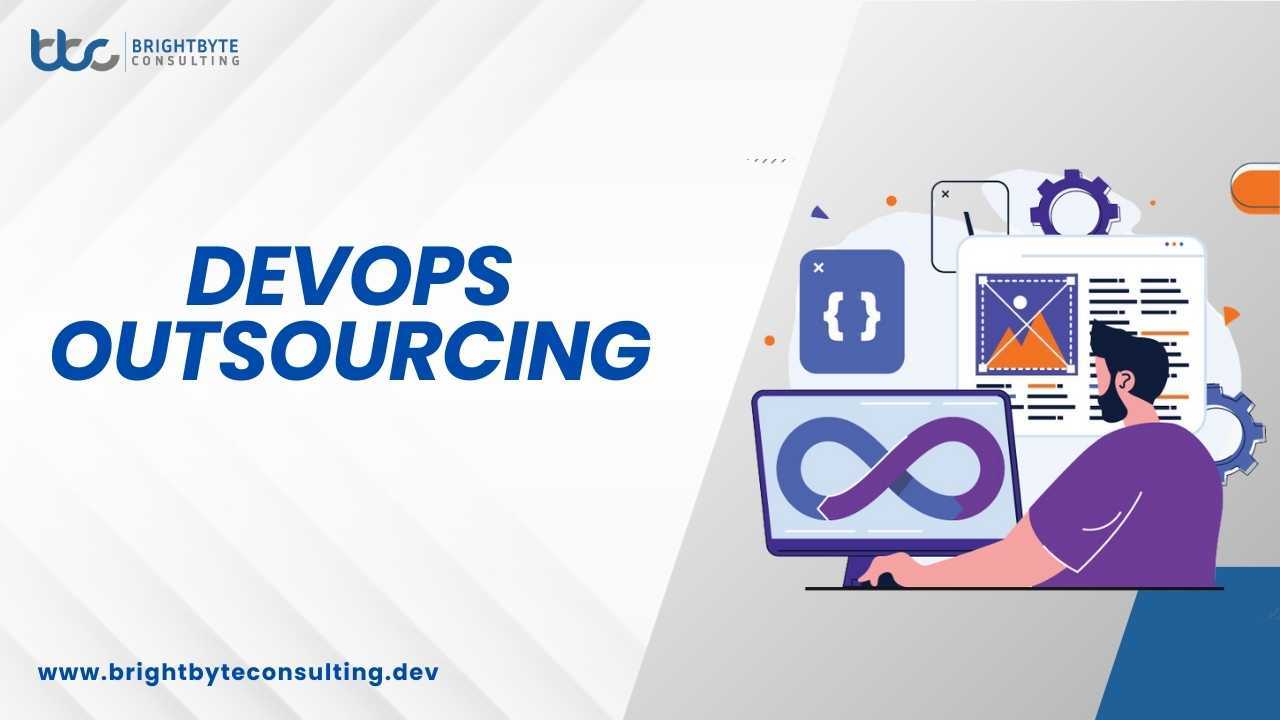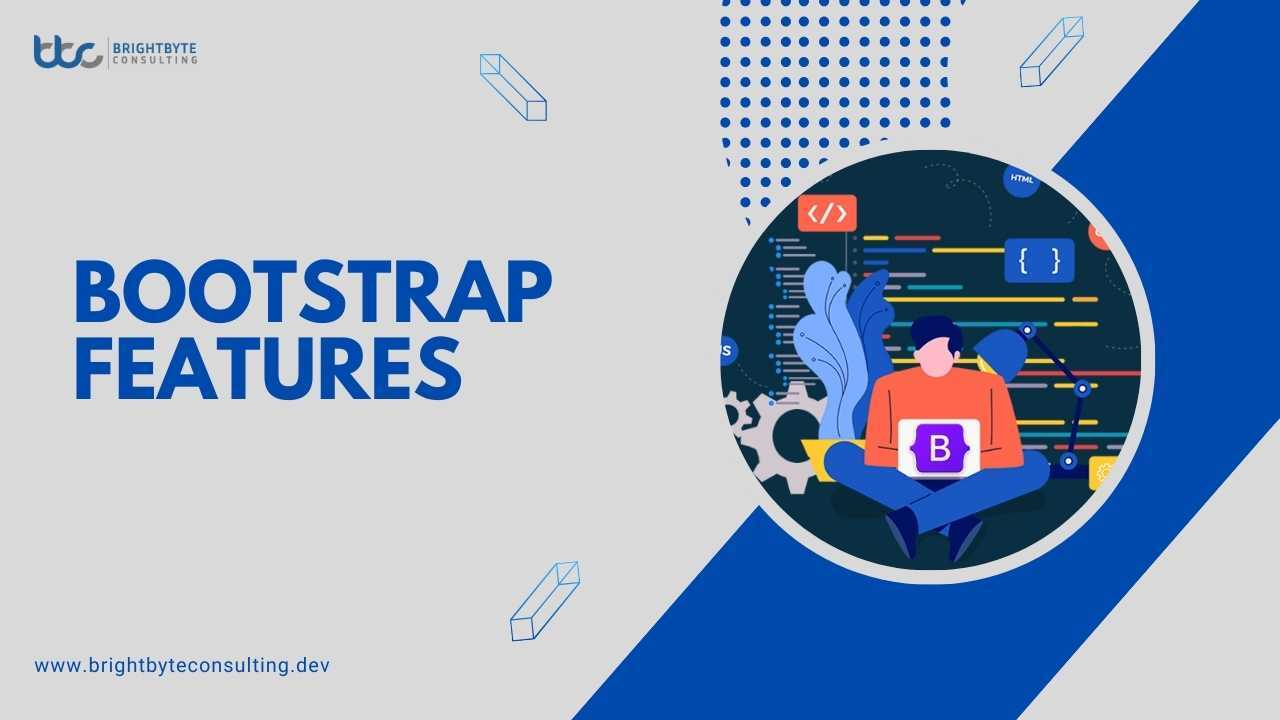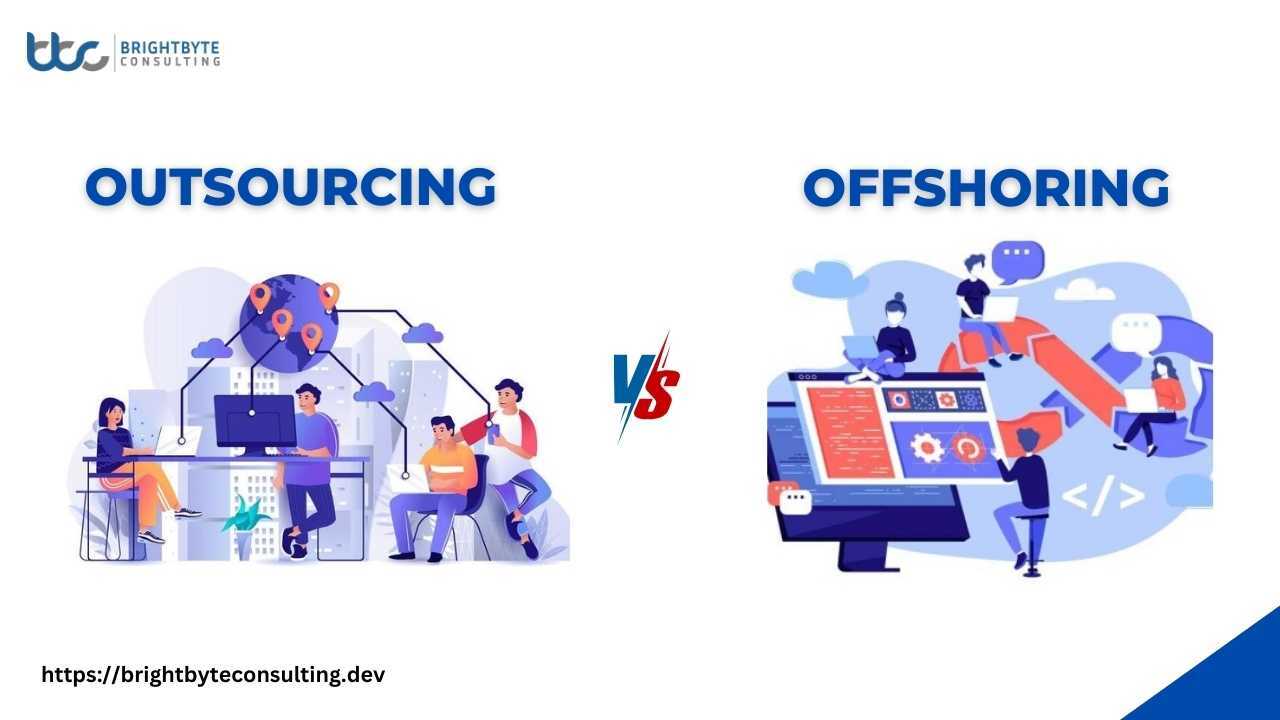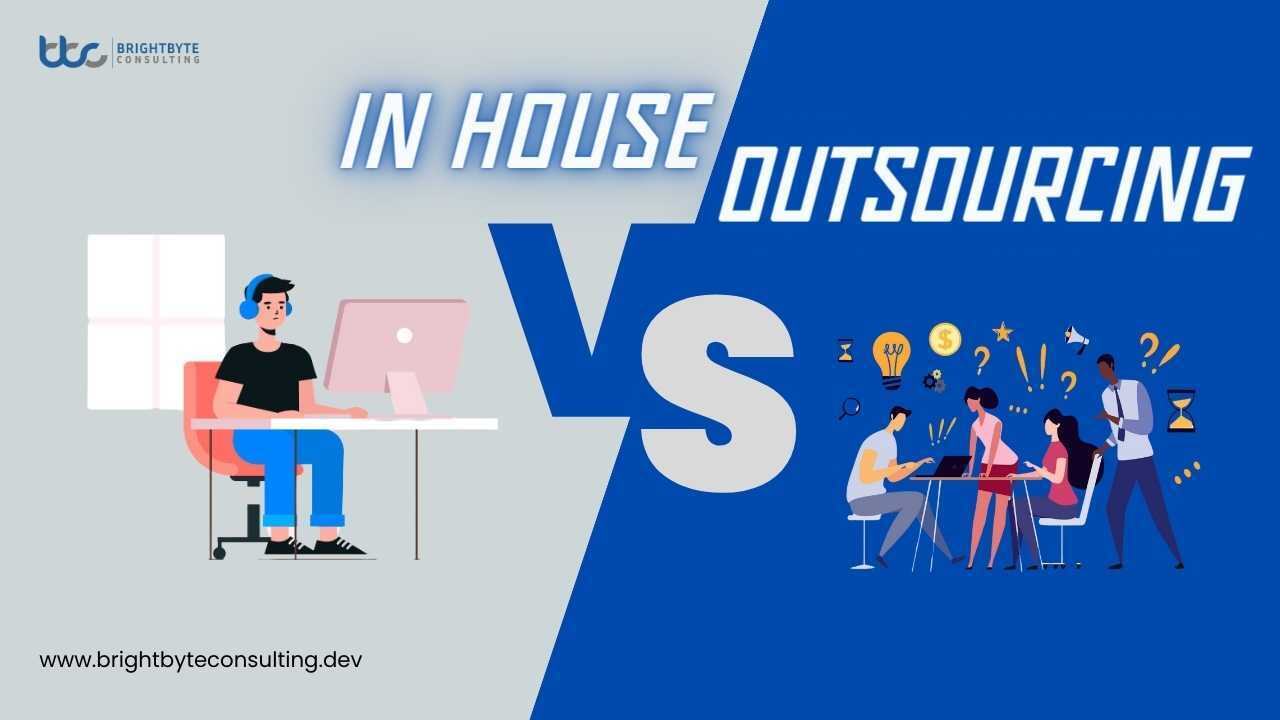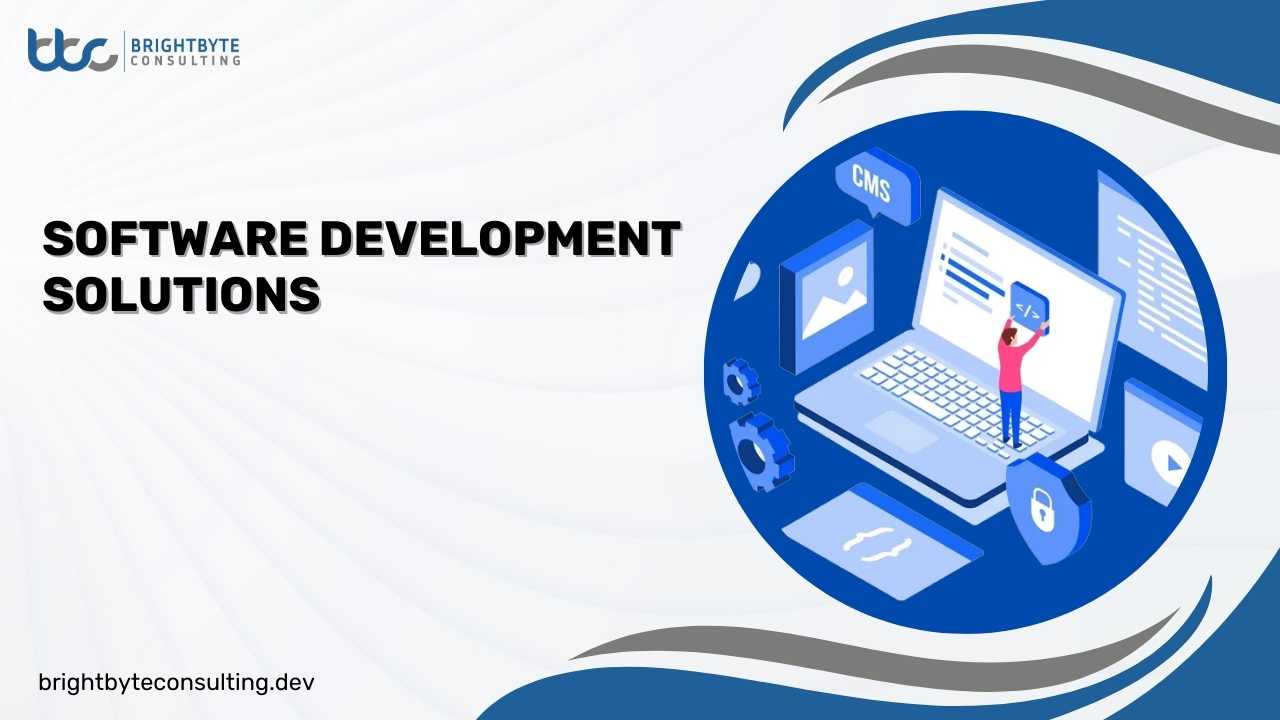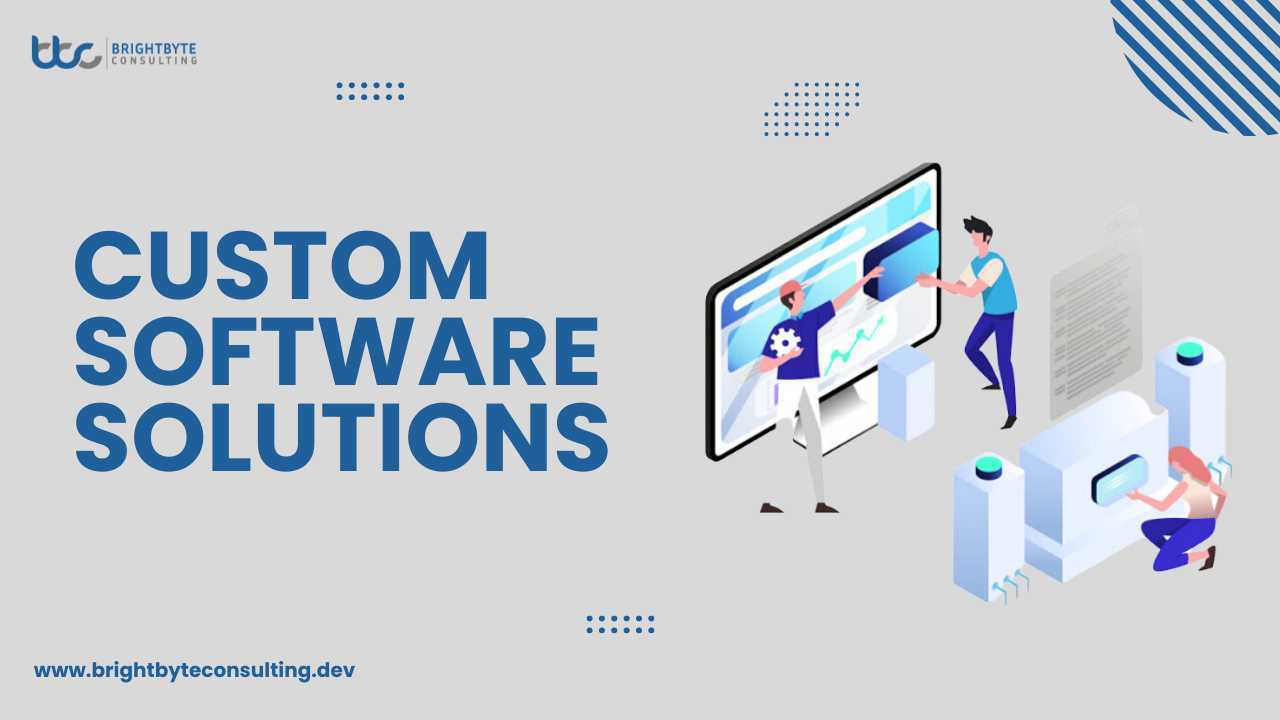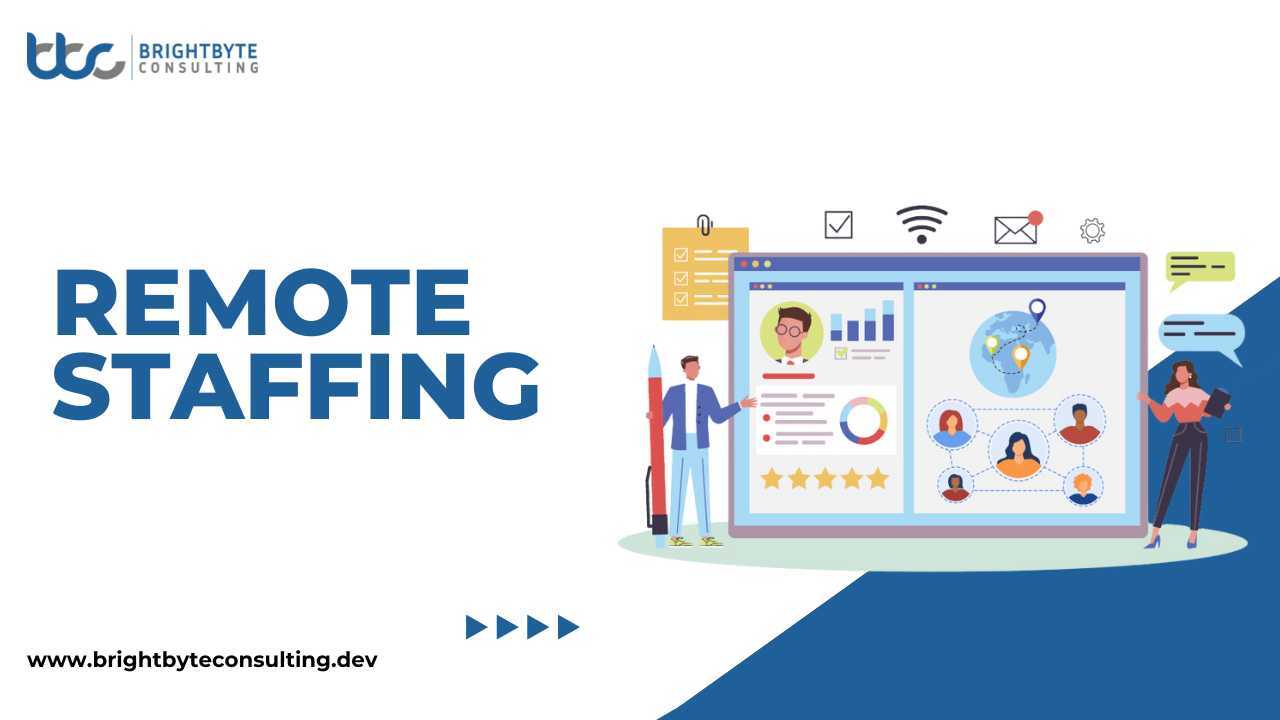Business growth doesn’t happen by luck, It’s the result of clear vision, smart strategy and bold execution. In today’s competitive landscape having a great product or service isn’t enough. You need a game plan for growth. That’s where a Business Development Strategist comes in. Think of them as the architect behind your company expansion. Identifying new business opportunities, building powerful partnerships and creating strategies that turn vision into value, that is what they do. Whether you’re a startup looking to scale or an established business aiming to break into new markets a strong development strategy can be the difference between staying stagnant and soaring ahead.
What Is Business Development?
Business development is all about helping companies grow. Basically it involves finding new opportunities, building partnerships & creating strategies to improve sales and profits.
Key Areas of Business Development:
- Growing the customer base
- Expanding into new markets
- Forming strategic partnerships
- Improving products & services
What’s a Business Development Strategist?
A business growth strategist creates smart plans to help a company succeed. They analyze current practices, suggest improvements, guide business development teams, and help launch new ideas. They also work closely with leadership and monitor staff performance. They connect with many departments like sales, marketing and product development and play a key role in long-term success.
Business Development Strategist Responsibilities
- Handle corrections, product removals, and communication with the FDA to ensure compliance.
- Develop API programs to grow partnerships and expand business reach.
- Oversee large proposal responses to meet profitability and operational business goals.
- Design and implement CRM plans to improve customer relationships and engagement.
- Maintain brand visibility through platforms like Facebook and other social media channels.
- Handle website updates and ensure daily content management across digital platforms.
- Guide products through regulatory approval processes like FDA and EU clearance.
- Run business development campaigns and evaluate their return on investment (ROI).
6 Best Business Development Strategies
Some of the best business development strategies that could be helpful for you are given below.
Networking
Networking builds relationships that can lead to new business. Meeting people face to face helps build trust and it’s one of the most used business development strategy. Although it has limitations. It’s time consuming and often costly. Digital networking helps but still requires consistent effort and attention.
Referrals
Referrals come from happy clients or contacts who recommend your services. It turns networking & client satisfaction into new business. Although they’re powerful but passive, as you rely on others to refer you at the right time. Clear visibility of your expertise can improve referral quality and reach.
Sponsorships and Advertising
Sponsoring events or running ads can attract attention, but alone, they rarely drive growth. However, well-targeted digital ads paired with other activities like speaking or content can be more effective and cost-efficient.
Outbound Telephone and Mail
Direct outreach via calls or mail can generate leads if you reach the right people with the right message. It’s costly and timing-sensitive, so success depends on targeting and the value of your offer.
Thought Leadership and Content Marketing
Sharing your knowledge through articles, blogs, videos, or speaking shows your expertise. Digital platforms now make it easier to reach larger audiences faster. This builds credibility but also increases competition.
Combined Strategies
Using multiple strategies together can work well like networking and referrals. But doing too much at once can lead to poor execution. It’s better to do one or two things really well than many things poorly.
Business Development Process
For further understanding go through the given process
Market Research
Start by gathering insights into the market, customer behavior and competitors. Conduct surveys, study industry reports & analyze trends to identify potential opportunities. This helps build a strong foundation for strategic planning.
Set Goals and Objectives
Based on your research define clear and achievable goals. These may include revenue targets, customer acquisition or expanding into new markets. Having specific objectives keeps your efforts focused & measurable.
Generate and Qualify Leads
Identify potential customers through networking, databases, online platforms or referrals. Then assess and filter those leads to find the ones most likely to convert. This step ensures you invest time and energy in high-potential opportunities.
Build Relationships & Present Solutions
Connect with qualified leads and start building trust through communication. Learn about their needs and present tailored solutions that address their challenges. The goal is to show how your offering adds real value.
Negotiate and Close Deals
Once interest is shown, present proposals and negotiate terms.Work with legal and internal teams to finalize contracts and ensure mutual understanding. Smooth negotiations lead to strong lasting partnerships.
Evaluate and Improve
After deals are made analyze results and gather feedback. Track key metrics to see what worked & where improvements are needed. Continuously refining your strategy ensures sustainable growth over time.
10 Key Pillars of Business Development Success
- Market Research & Analysis: Explore new markets and trends to find fresh opportunities. Use data to guide smart strategies that support growth
- Sales & Lead Generation: Find potential customers then work with the sales team to turn leads into loyal clients
- Strategic Partnerships: Build partnerships or joint ventures with other businesses to create win win opportunities
- Product Development & Innovation: Use customer feedback and research to improve products or create new ones which meet market demands
- CRM: Keep customers happy with loyalty programs, feedback collection and personalized service to boost retention
- Strategic Planning & Business Modeling: Set clear goals, explore growth paths and create action plans to improve business
- Mergers & Acquisitions: Identify and assess potential companies to merge with or acquire aiming for long term synergy and expansion
- Brand Management & Marketing: Promote your brand through creative marketing campaigns and digital strategies to attract and engage customers
- Financial Analysis & Funding: Analyze financial health, seek investments or apply for grants to support growth
- Innovation & Emerging Tech: Keep an eye on new technologies and trends and integrate them to stay ahead of the competition
Wrapping It Up!
Business growth doesn’t just happen it’s built through strategy, planning and execution. From identifying market opportunities to forming strategic partnerships and refining processes, business development is key to long term success. Whether you’re a startup or expanding an established company having a strong strategy makes all the difference.
As the best business growth consultant, Bright Byte Consulting, we specialize in crafting smart business development strategies tailored to your goals. From market analysis to execution support, we help turn vision into real, measurable growth. Let’s build your next big move together.
FAQs
What is business development?
Business development involves identifying opportunities for growth, building strategic relationships, and implementing plans to increase revenue and market reach.
How is business development different from sales?
Sales focus on closing deals, while business development is about long-term growth exploring markets, building partnerships, and creating strategies that support sales.
Why is market research important in business development?
Market research helps you understand customer needs, competition, and trends—allowing for informed decisions and targeted strategies.
What makes a business development strategy successful?
Clear goals, strong market insights, consistent execution, adaptability, and alignment with overall business objectives.
Who is responsible for business development in a company?
Business development can involve a strategist, dedicated team, or collaboration across departments like marketing, sales, and product management.
How can a small business benefit from business development?
It helps small businesses grow faster by identifying the right opportunities, building partnerships, and creating efficient paths to reach more customers.

